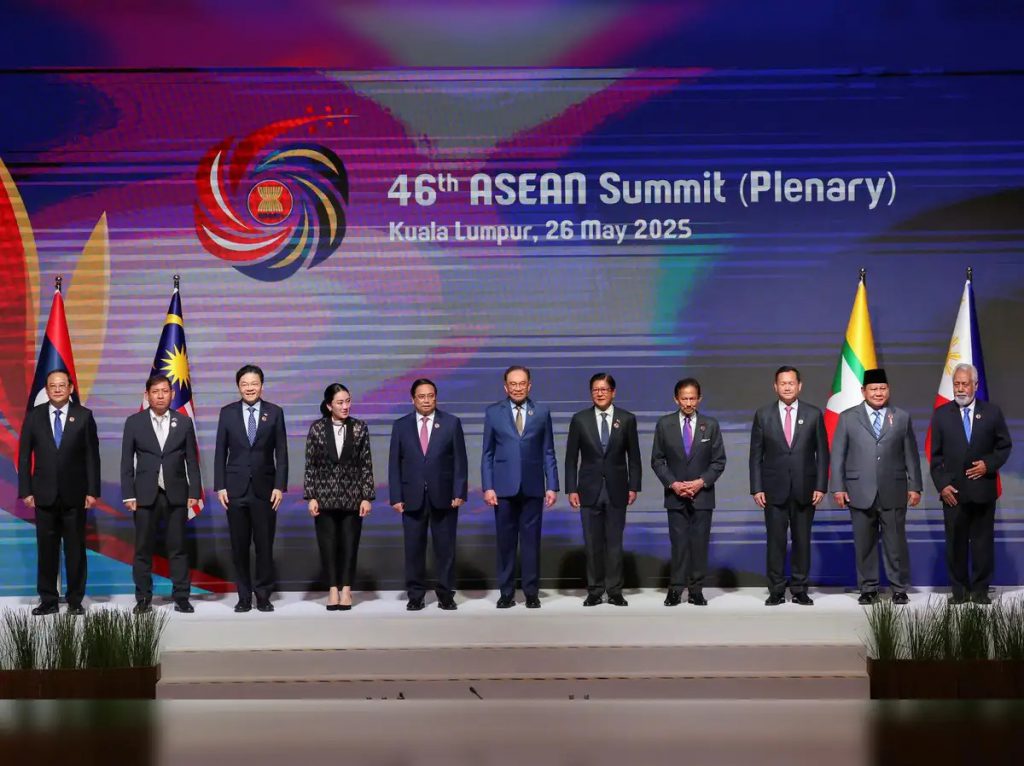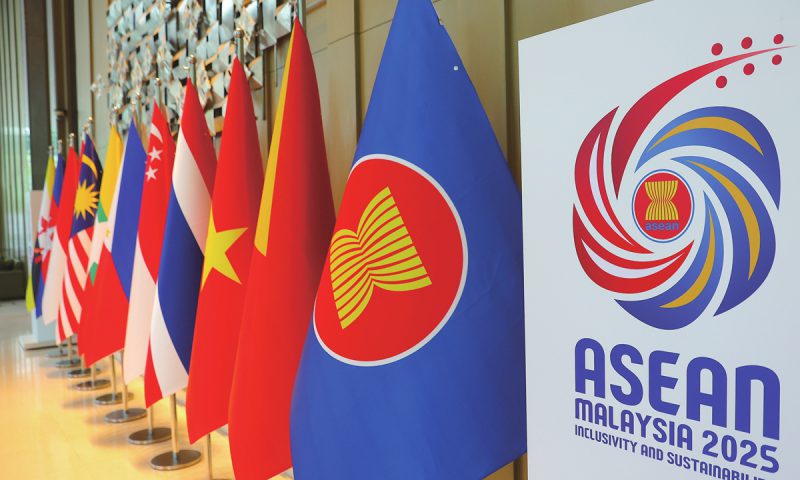The 46th ASEAN summit kicked off on Monday in Malaysia’s capital Kuala Lumpur and China and Indonesia signed a historic deal to settle payments in local currencies waving goodbye to the US dollar. The summit saw the alliance scrambling to safeguard their economies from Trump’s trade wars and tariffs. ASEAN countries saw more dependency on China and extended trade deals with the Communist country and not the US this time around.
Also Read: Malaysia Says 10% US Tariff Floor Is Acceptable as Zero Becomes Unlikely
At the ASEAN summit, China and Indonesia signed several major projects to deepen economic involvement and use local currencies for cross-border settlements. The development would boost both China and Indonesia’s GDP as the US dollar will not be involved in the transactions. The US dollar is being ignored by all major alliances as emerging economies are prioritizing local currencies for trade first.
ASEAN Summit: China & Indonesia Sign Deals to Transact in Local Currencies, Not US Dollar


Indonesia’s President Prabowo Subianto praised China’s Xi Jinping for extending trade policies and upending the US dollar’s supremacy. “China and Indonesia signed a breakthrough deal (ASEAN summit) to settle all bilateral trade in their local currencies, signaling a shift from the US dollar and dollar-dependent systems,” reported the Economic Times.
Also Read: Trump Wants A Weaker US Dollar & Now He’s Got It: But For How Long?
Subianto also hailed Jinping for “defending the interests of developing countries” and not giving in to US pressures. He described Indonesia’s relations with China as “very strategic, very important and very promising.” The ASEAN 2025 summit is concluding with the de-dollarization agenda as local currencies take precedence and not the US dollar.
ASEAN took de-dollarization seriously after Trump imposed tariffs on 185 countries but announced a 90-day pause. The damage is already done and now developing countries are finding ways to protect their economies. ASEAN, especially Indonesia’s deals with China in local currencies and not the US dollar is a major step in de-dollarization.





